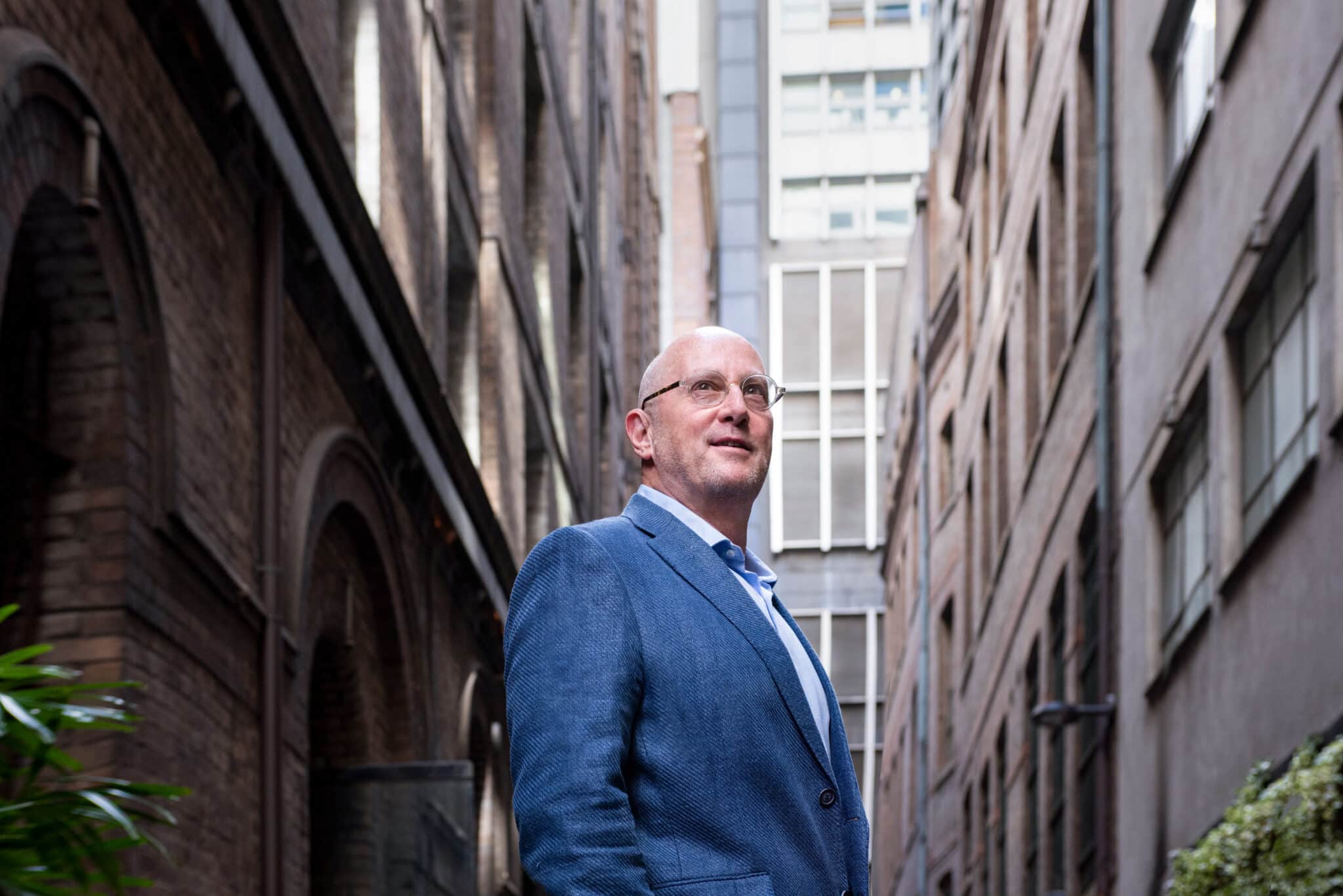• Private credit firm Zagga joins UN PRI as ESG takes hold in real estate
• Good governance is becoming the real edge in the game
• Zagga helps fund answers to Australia’s housing shortage
Special Report: As ESG stops being a buzzword and starts shaping real investment decisions, Zagga’s move to join the UN’s Principles for Responsible Investment shows how responsible capital is now being used to build, not just profit from, Australia’s future.
As management guru Peter Drucker once said, what gets measured gets managed – a principle the finance world has taken to heart.
But when it comes to ESG (environmental, social and governance), the “G” has always been the tricky one.
You can track carbon, you can count homes built, but how do you quantify corporate responsibility? That question sits at the heart of a global movement now reshaping how capital moves.
The UN-backed Principles for Responsible Investment (PRI) has become the de facto rulebook for investors who want their returns to mean something more than numbers on a spreadsheet.
Signatories commit to six principles that weave sustainability, transparency and accountability into every stage of investing.
It’s no longer a fringe cause.
ESG-linked assets are forecast to hit almost US$34 trillion by 2026, making up one-fifth of all global assets under management.
Even in Australia, a country that still loves a good dividend, more than 80% of people now want ESG options in their super.
So, when a mid-market real estate private credit investment manager, like Zagga, joins the UN PRI network, it’s a statement that private credit, the new engine room of property development, is maturing fast.
Governance is the new differentiator
Tom Cranfield, executive director of risk & execution at Zagga, says the company’s decision to become a PRI signatory formalised what was already in its DNA.
Zagga is a specialist real estate private credit investment manager, funding projects across Australia’s residential and commercial property sectors. The firm connects wholesale and high-net-worth investors with vetted borrowers.
“For us at Zagga, joining the PRI is really just a continuation of what we’ve always focused on – strong governance, thorough due diligence, sustainability and supporting initiatives that benefit everyone across the ecosystem,” he told Stockhead

Real estate private credit specialist Zagga joins UN PRI, and gives ESG some concrete meaning. Pic: Getty Images.
Cranfield said Zagga looks at governance through two lenses: one inward, one outward.
Internally, that means systems, policies and clear accountability.
“We want to make sure our leaders, whether in the management committee or the executive committee, are demonstrating the core values of the business.”
That, he said, essentially means acting with integrity and transparency, leading by example, and putting the right frameworks in place to support that.
Outwardly, it’s about applying the same standards to the projects they invest in.
Cranfield said Zagga looks beyond the balance sheet of its borrowers, assessing capability, track record and discipline before any capital gets deployed.
In a sector where due diligence can mean the difference between steady income and stalled projects, governance is what keeps confidence intact.
The social pillar and basic human right
If governance is about how a company behaves, the S in ESG is about why.
For Zagga, that means focusing on a problem that no Australian can ignore: the housing shortage.
“We’re focusing on our impact in society, and we want to generate a really strong, positive, and lasting impact,” Cranfield said.
He notes that both federal and state governments have made housing initiatives one of the most important priorities in Australia today.
Aligned with that national goal, Zagga’s investments span everything from new house-and-land packages to mixed-use developments that bring shops, childcare centres and community infrastructure alongside housing.
The aim, he said, is simple.
“If we have 30 to 35 projects and more than 500 to 1000 new dwellings in any one year which we are funding, then we would like to think that we can have a meaningful contribution to solving the housing crisis in Australia.”
But it’s not just about bricks and mortar.
Cranfield said Zagga’s ESG committee also backs community partnerships – like volunteering programs and monthly charity support – to make sure the company’s social footprint extends beyond the balance sheet.
The environmental edge
The E pillar in ESG is also hard to price, but it’s increasingly shaping returns.
“At Zagga, we know that managing long-term risks, like ESG, can help protect our investors’ capital and deliver better project outcomes today. As an investor-first business, this is our core objective,” Cranfield said.
He points to projects like Zagga’s funding of the off-grid Jamie Durie House in Avalon Beach and the heritage refurbishment of Invicta House in Melbourne’s Flinders Lane.
Both showcase how sustainable design can future-proof developments by reducing long-term energy costs and rejuvenating communities. Those benefits are exactly the kind of initiatives Zagga wants to support.
While it’s still more qualitative than quantitative at the middle-market level, Cranfield believes the trend is clear.
“If we can reward those sorts of things which are good for the community, good for the environment, generating lower use of utilities, regenerating areas and creating employment opportunities, we absolutely want to strive to do that.”



ESG as value, not cost
Ask most investors about ESG, and they’ll nod politely before asking about yield.
But Cranfield sees the two as inseparable. Responsible investment, he argues, is simply good investment.
Many of Zagga’s global investors see ESG-focussed investments as best practice and part of how they allocate capital and build their portfolios. They’re conscious of backing causes that are better for the environment, improve the life cycle of buildings and lower their carbon footprint.
In other words, ESG isn’t a drag on returns, it’s part of the reason those returns are sustainable.
Growth with responsibility
As ASIC tightens its focus on private credit managers, Cranfield sees regulation not as a threat but as validation.
He believes the increasing regulatory scrutiny is well aligned with Zagga’s own commitment to high standards – the qualities he says define a responsible private credit manager.
“Managing capital is in our DNA,” he said.
He thinks there’s a real opportunity for the regulator to set consistent, industry-wide standards, creating a stronger, more transparent framework than relying on individual managers to self-regulate.
That push for transparency and external oversight, already built into Zagga’s ESG and risk-governance framework, mirrors what the PRI was designed to encourage.
This article was developed in collaboration with Zagga, a Stockhead advertiser at the time of publishing and additionally published in The Adelaide Advertiser, Herald Sun, The Toowoomba Chronicle, The Courier Mail, The Daily Telegraph, Cairns Post, Geelong Advertiser, Gold Coast Bulletin, Mercury, NT News and Townsville Bulletin.
This article does not constitute financial product advice. You should consider obtaining independent advice before making any financial decisions.





